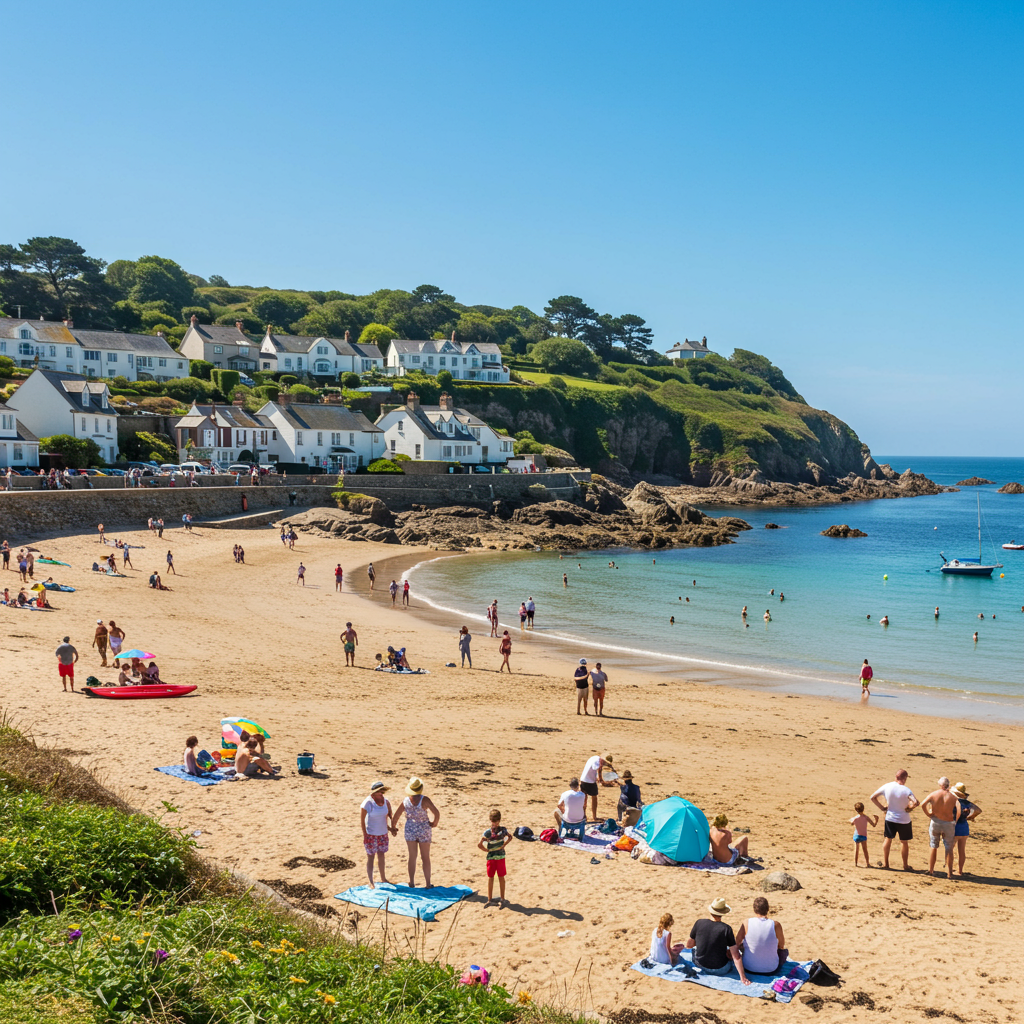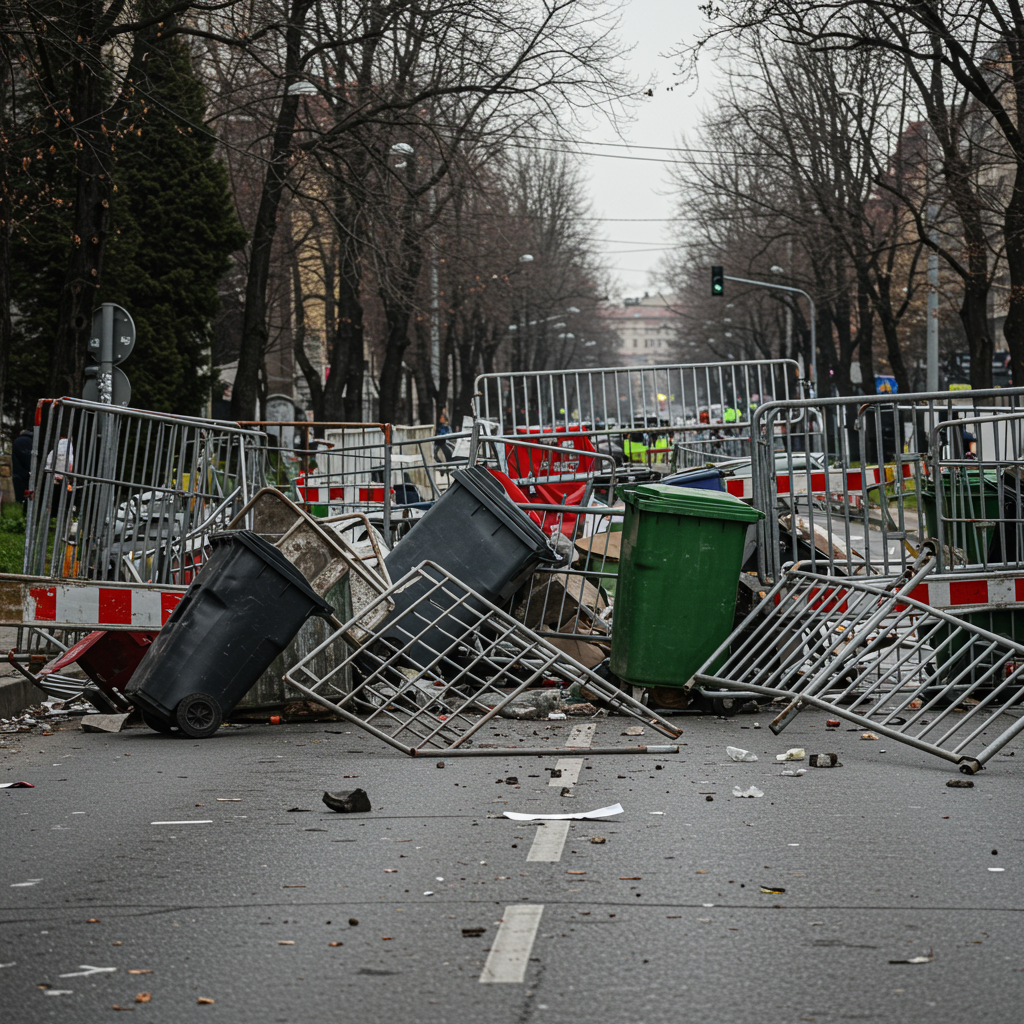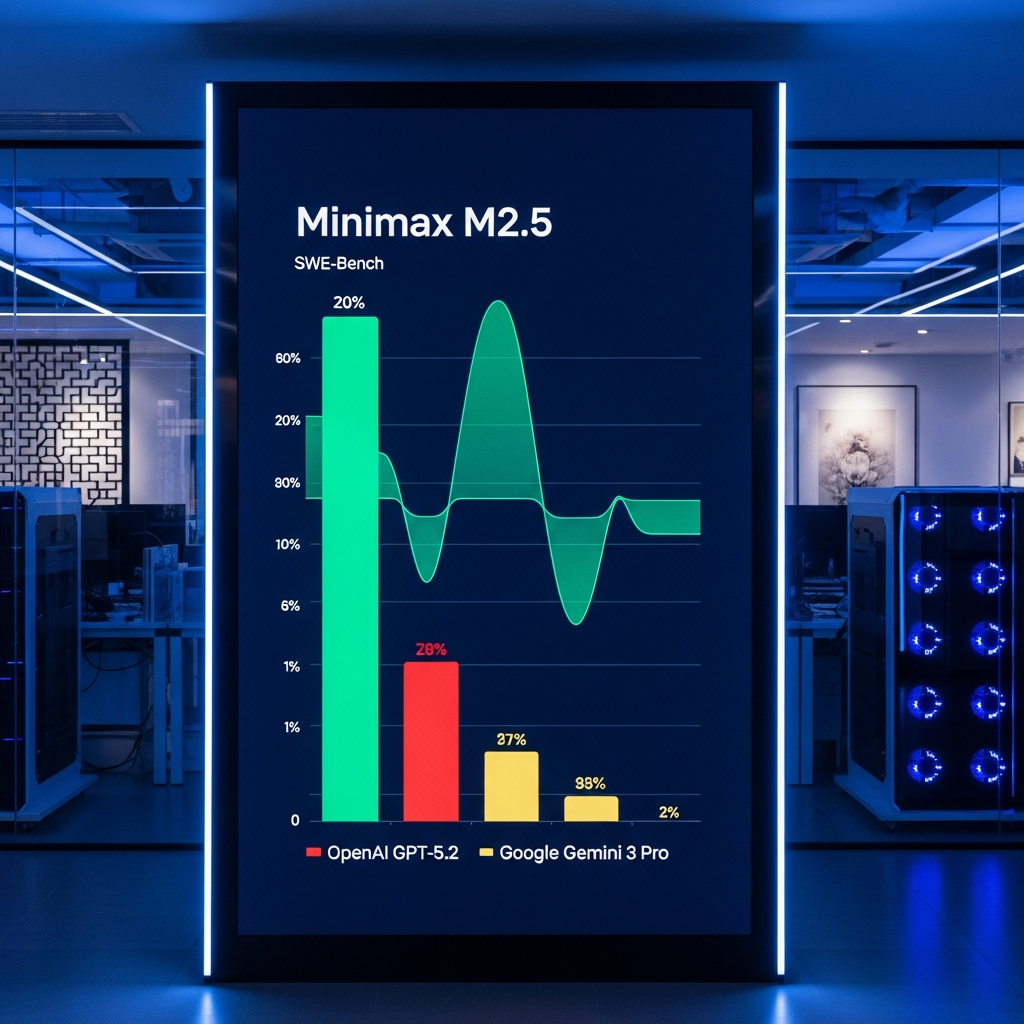Understanding a community’s approach to sun safety offers crucial insights into public health awareness and cultural norms. In places blessed with sunshine, the balance between enjoying the outdoors and protecting against harmful UV rays is vital. But how deeply ingrained is sun-conscious behavior in different cultures? This article explores the sun safety culture in guernsey, a British Crown Dependency known for its beautiful coastline, through the eyes of its residents and a revealing comparison to Australia – a nation often cited for its proactive sun protection messaging.
Contrasting Island Life: Guernsey vs. Australia
Megan Chapple, who grew up spending 20 years in Guernsey before moving to Australia a year and a half ago, offers a compelling perspective on cultural differences in sun safety. She noticed a significant shift in her own habits almost immediately upon relocating down under.
Ms. Chapple explains that in Australia, packing for a simple beach trip instinctively includes suncream, alongside the essentials like a towel and swimwear. This contrasts sharply with her experience growing up in Guernsey, where applying sun protection wasn’t a regular or automatic consideration. “Since moving to Australia, it’s now a case of you’ve got your towel, you’ve got your bathers, you’ve got your suncream,” she notes, adding, “In Guernsey, I didn’t think of that so much.”
A Culture of Proactive Protection
Why such a difference? Ms. Chapple believes it’s more than just the intensity of the Australian sun. She points to a strong “culture and push from the government as well to really protect against skin cancer” in Australia. This governmental encouragement takes tangible forms, such as free suncream available at popular beach locations. Even purchasing suncream is incentivized, with tax-free deductions allowing individuals to claim a rebate from the government.
“It’s something the government is actively trying to encourage and make people aware of,” Ms. Chapple states, highlighting the stark contrast with her previous habits in Guernsey, where she admits she “used to leave the house without suncream on” without much thought. This comparison raises the question: is Guernsey’s public health messaging around sun safety as prominent or effective as it could be?
Voices from the Island: Mixed Views on Sun Safety
The BBC spoke to other residents in Guernsey to gauge the prevailing attitudes towards sun protection. Their responses reveal a range of perspectives, from heightened personal awareness to the view that sun protection is purely a matter of individual choice.
Joey Barling shared that her personal sun-consciousness increased significantly after having children. She attributes this shift to “more awareness” circulating within the community and through the media. However, despite her own increased diligence, Mrs. Barling feels that Guernsey’s overall sun-safe culture “is not great.” She believes there’s still room for improvement, stating, “I think there could be more around and about to boost awareness.” This suggests a desire for more visible public health initiatives or community-driven campaigns to reinforce safe sun practices.
Daily Discipline vs. Personal Preference
Adding another layer to the discussion, Hilda, encountered at Pembroke Bay, exemplifies a highly proactive approach. She revealed that she wears suncream every single day, emphasizing, “even in the winter.” This consistent habit wasn’t just born from personal inclination but came about because “the doctor thought it was a good idea.” Hilda’s experience underscores the role of medical advice in shaping individual behavior and highlights a higher level of personal diligence that stands out.
In contrast, Keith Mansell, also at Pembroke, offered a different viewpoint. He was not wearing suncream during his spontaneous beach visit and hadn’t packed any. Mr. Mansell firmly believes that using suncream is a matter of “personal choice.” He feels that people shouldn’t be “nannied around that sort of thing.” While acknowledging the existence of awareness campaigns in the papers and on TV, he concludes that ultimately, “it’s up to people to make their personal choice.” This perspective represents a common sentiment that individual autonomy outweighs the need for strong public health directives on matters perceived as personal health decisions.
Navigating the Balance: Public Health vs. Personal Autonomy
The varying opinions among Guernsey residents reflect a broader societal debate about the role of public health campaigns versus individual responsibility. While figures like Megan Chapple and Joey Barling see value in a stronger cultural and governmental push for sun safety, particularly in preventing skin cancer, others like Keith Mansell emphasize the importance of personal freedom and existing awareness.
Countries like Australia have demonstrated that integrated strategies, including public education, accessible resources (like free or tax-deductible sunscreen), and consistent messaging, can significantly impact behavior. These efforts move beyond simply informing the public and actively facilitate sun-safe practices, aiming to make them a societal norm rather than an exceptional measure.
In Guernsey, while awareness certainly exists, the level of integrated, proactive public health initiatives appears to be perceived as less pervasive by some residents when compared to countries with very high UV indexes and corresponding aggressive skin cancer prevention campaigns. The individual actions taken by residents vary widely, influenced by personal experience, family needs (like protecting children), or direct medical advice.
Local Efforts and Global Significance
Recognizing the importance of this issue, BBC Guernsey has taken steps to contribute to local awareness. They recently launched a Sun Safety Campaign focused on the early detection and prevention of skin cancers. As part of this initiative, they plan to speak with experts throughout the summer months, providing valuable information to the public about the critical importance of sun safety. This local campaign signifies a growing acknowledgment of the need to actively promote healthier sun habits within the island community. (Potential internal link: Link to an article about local health initiatives)
Sun safety isn’t just a local issue; skin cancer rates are a global concern, particularly in regions with high levels of UV exposure or populations with skin types susceptible to sun damage. Promoting a sun-safe culture helps protect against conditions ranging from sunburn and premature aging to the far more serious risks of melanoma and other skin cancers. Early detection and, more importantly, prevention through consistent protection (like using SPF 50 as recommended by islanders with skin cancer in related reports) are key strategies in mitigating these risks. (Potential internal link: Link to an article about skin cancer facts or prevention tips)
Actionable Sun Safety Tips
Regardless of local culture or government initiatives, individuals can take significant steps to protect themselves from the sun’s harmful UV rays:
Wear Sunscreen: Apply broad-spectrum sunscreen with an SPF of 30 or higher liberally and reapply every two hours, especially after swimming or sweating. Don’t forget often-missed spots like ears, neck, and tops of feet.
Seek Shade: Avoid direct sun exposure during the peak hours, typically from 10 am to 4 pm. Look for shade under trees, umbrellas, or awnings.
Cover Up: Wear protective clothing, including long-sleeved shirts, long trousers or skirts, and wide-brimmed hats that shade the face, neck, and ears.
Wear Sunglasses: Protect your eyes from UV damage with sunglasses that block 100% of UVA and UVB rays.
Be Mindful of Reflection: UV rays can reflect off surfaces like water, sand, snow, and pavement, increasing exposure.
Check UV Index: Pay attention to the daily UV index forecast and take extra precautions when it is high.
Incorporating these simple habits can make a significant difference in long-term skin health, regardless of how sun-conscious the prevailing culture is.
Frequently Asked Questions
How does Guernsey’s sun safety culture compare to places like Australia?
Based on resident perspectives, Guernsey’s sun safety culture appears less aggressively promoted compared to Australia. An islander who moved to Australia noted that proactive sun protection, like wearing sunscreen, is much more ingrained and automatic in Australia, partly due to specific government incentives like free sunscreen at beaches and tax rebates. While awareness exists in Guernsey, there seems to be less pervasive public messaging and fewer specific programs encouraging consistent sun protection habits among the general population compared to Australia’s approach.
What kind of sun safety awareness efforts are happening in Guernsey?
Although some residents feel more could be done, awareness efforts are present in Guernsey. Media outlets like newspapers and TV contribute to public knowledge about sun safety. Additionally, BBC Guernsey has launched its own Sun Safety Campaign. This initiative focuses on educating the public about the early detection and prevention of skin cancers, including plans to feature expert advice during the summer months. Individual medical advice, such as doctors recommending daily sunscreen use, also plays a role in personal awareness and habits.
Should residents or visitors in Guernsey take extra steps for sun protection?
Yes, absolutely. While the level of public health messaging might be perceived differently compared to other places, the need for sun protection in Guernsey remains vital. UV radiation can cause skin damage and increase the risk of skin cancer regardless of location, particularly during sunnier months. Residents and visitors should actively practice sun-safe behaviors such as regularly applying high-SPF sunscreen, seeking shade during peak hours, wearing protective clothing and hats, and being mindful of the daily UV index, taking personal responsibility for their skin health.
Conclusion
The discussion around sun safety culture in Guernsey reveals a community with varying levels of awareness and differing views on the balance between personal choice and public health initiatives. While many residents understand the risks and take steps to protect themselves, particularly those influenced by personal circumstances or medical advice, the comparison to a country like Australia highlights the potential impact of more comprehensive and actively promoted sun-safe cultures. Local campaigns, such as the one launched by BBC Guernsey, are steps towards enhancing collective awareness. Ultimately, protecting skin from sun damage is a crucial aspect of long-term health. Regardless of cultural norms, adopting consistent sun-safe practices remains the most effective way for individuals in Guernsey and elsewhere to reduce their risk of sun-related skin conditions.
Word Count Check: 1124




